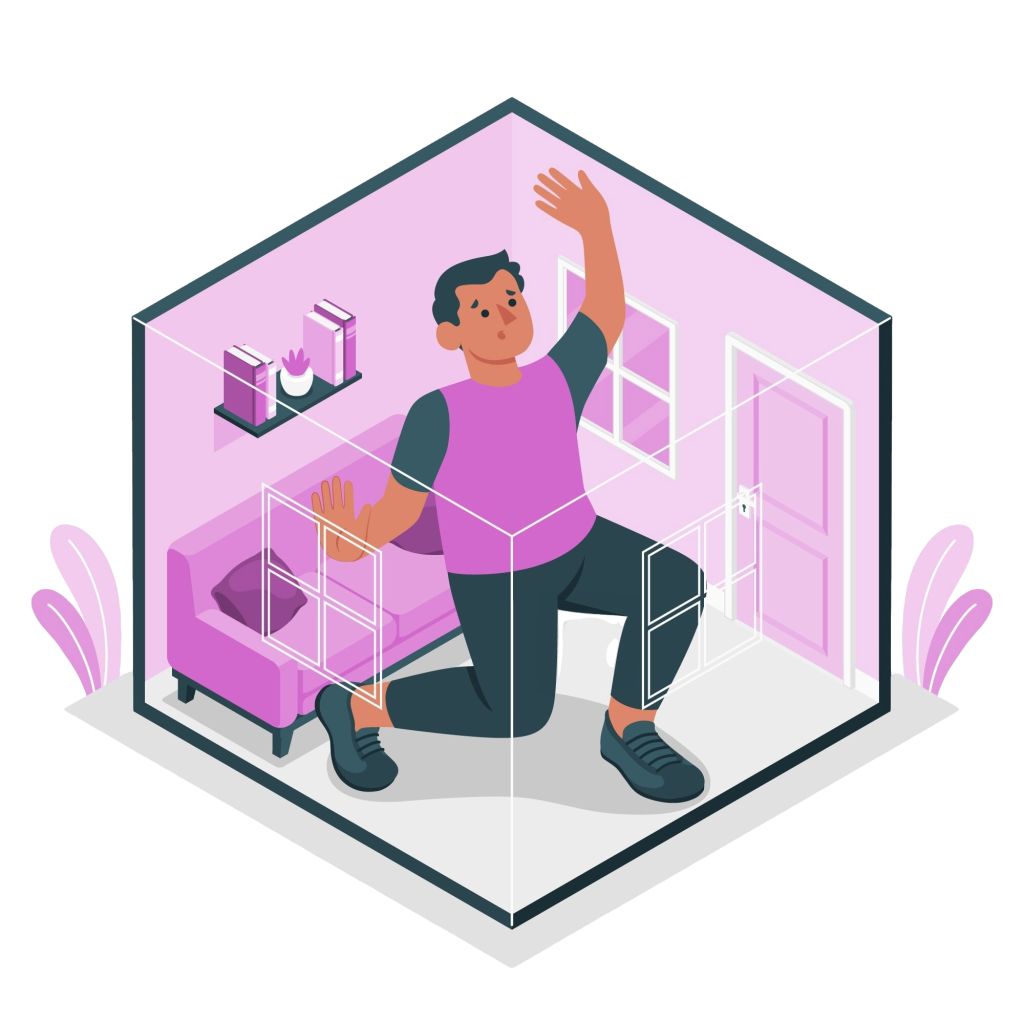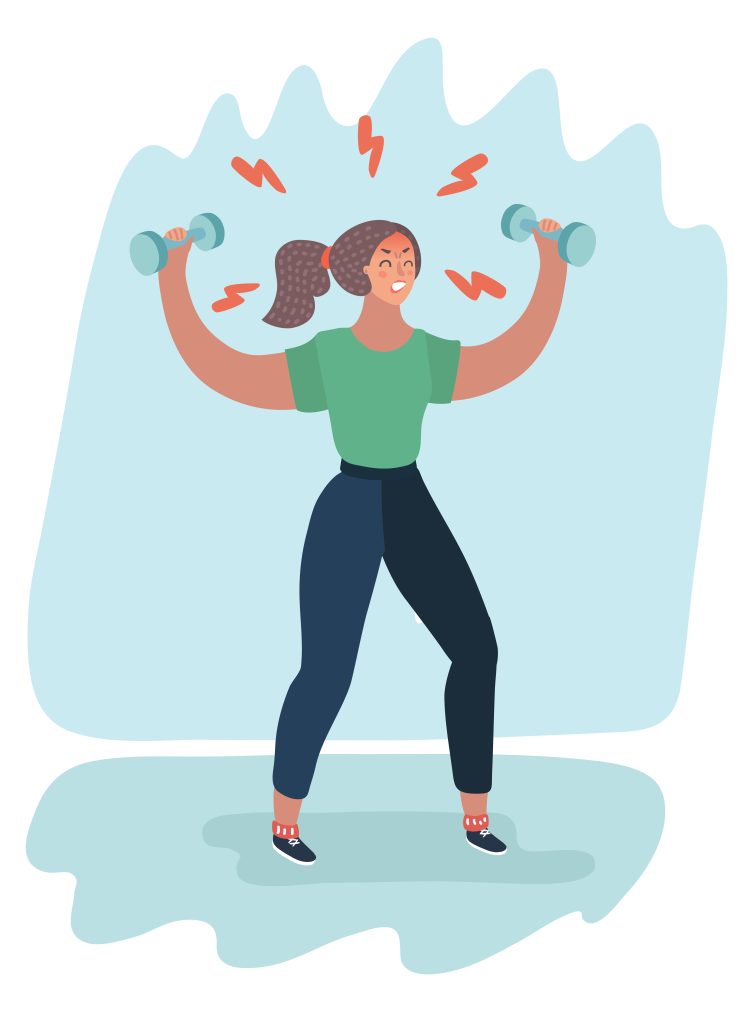Introduction: Taking the Next Step in Addiction Management
Stage 2 is about stepping beyond your comfort zone, embracing structured “free days” to break free from compulsive habits. This phase is critical in the journey toward regaining control over your life and reframing addiction as a choice, not a necessity. Through gradual implementation, users will balance discipline during weekdays with flexible weekends to sustain progress and gain deeper insights into their habits.
Goals of Stage 2
Acclimating to Free Days
Free days are integral to breaking the hold of addiction. By dedicating one day a week to abstain from the addictive substance or behavior, users build confidence and resilience. These days are an opportunity to experience life without dependency.Balancing Structure and Flexibility
Weekdays are structured to help users maintain discipline, while weekends are designed for reflection and controlled indulgence. This balance ensures a sustainable process, helping users understand moderation’s value.Reframing Addiction as a Choice
The ultimate goal is to shift addiction from being a compulsion to a conscious decision. By gradually increasing free days, users learn that they can live fulfilling lives without reliance on the addictive substance or activity.

How to Implement Stage 2
Start with One Free Day per Week
- Select one day each week as a “free day.”
- Lock the timed lockbox for up to 48 hours, starting the night before, to ensure a full day of non-use.
Gradually Increase Free Days
- Once comfortable with one free day, add a second day, ensuring they are not consecutive. For example, choose Monday and Thursday to maintain balance.
- Continue at your own pace until free days become a routine.
Mindful Weekend Usage
- Use weekends to relax and reflect.
- Delay consumption until later in the day and space out intervals between uses.
- Weekends serve two purposes:
- Easing the process: No matter how challenging the week, weekends allow for recovery.
- Deepening understanding: Recognize the effects of your habits, learning what feels beneficial and what is excessive.
What You’ll Learn in Stage 2
Addiction’s Fleeting Nature
- The pleasure of addiction is short-lived and doesn’t impact long-term happiness.
- You’ll never regret skipping a joint, cookie, or social media binge from days past.
The Power of Gradual Change
- Taking small steps, like adding one free day at a time, helps users transition into non-dependence.
- This builds confidence and trust in your ability to live without the addictive substance or activity.
The Balance of Structure and Flexibility
- Weekdays focus on discipline, while weekends offer a chance to recharge and reflect.
- This approach fosters sustainability, making the process manageable for long-term success.
Recommendations for Overcoming Challenges
Coping with Sleep Disturbances
- Practice calming activities like reading, meditation, or light stretching before bed.
- Engage in light physical activity, such as walking or yoga, during the day to improve sleep.
Managing Cravings on Free Days
- Remind yourself, “It’s just one day. Tomorrow will be easier.”
- Keep your focus on long-term goals and the benefits of non-dependence.
Filling the Void
- Explore hobbies, connect with loved ones, or focus on self-improvement.
- For tips, check out our guide: “How to Cope with the Void During Recovery”.

How Long Does Stage 2 Take?
The timeline for this stage varies based on individual preferences and adaptability:
- 2 weeks: For those who quickly adjust to free days and structured routines.
- Up to 2 months: For those taking a slower, steadier approach.
This flexibility allows you to proceed at a comfortable pace, ensuring the process feels sustainable and meaningful.
Key Takeaways
Gradual Progress Brings Lasting Change
- Free days are about proving to yourself that you can thrive without dependence.
Understanding the Role of Weekends
- Weekends balance the process by providing flexibility while fostering self-reflection.
Reshaping Your Relationship with Addiction
- By the end of Stage 2, users often reduce consumption to once or twice a week (excluding weekends).
- This prepares users to live fulfilling lives where addiction no longer controls their choices.
Moving Forward
Stage 2 is a significant milestone in addiction management. It helps users handle longer intervals of non-use while maintaining a balance between structure and flexibility.
When you’re ready, move on to Stage 3: Redefining the Relationship with Consumption. Here, the focus shifts to creating a sustainable, healthy relationship with the addictive substance or behavior.
